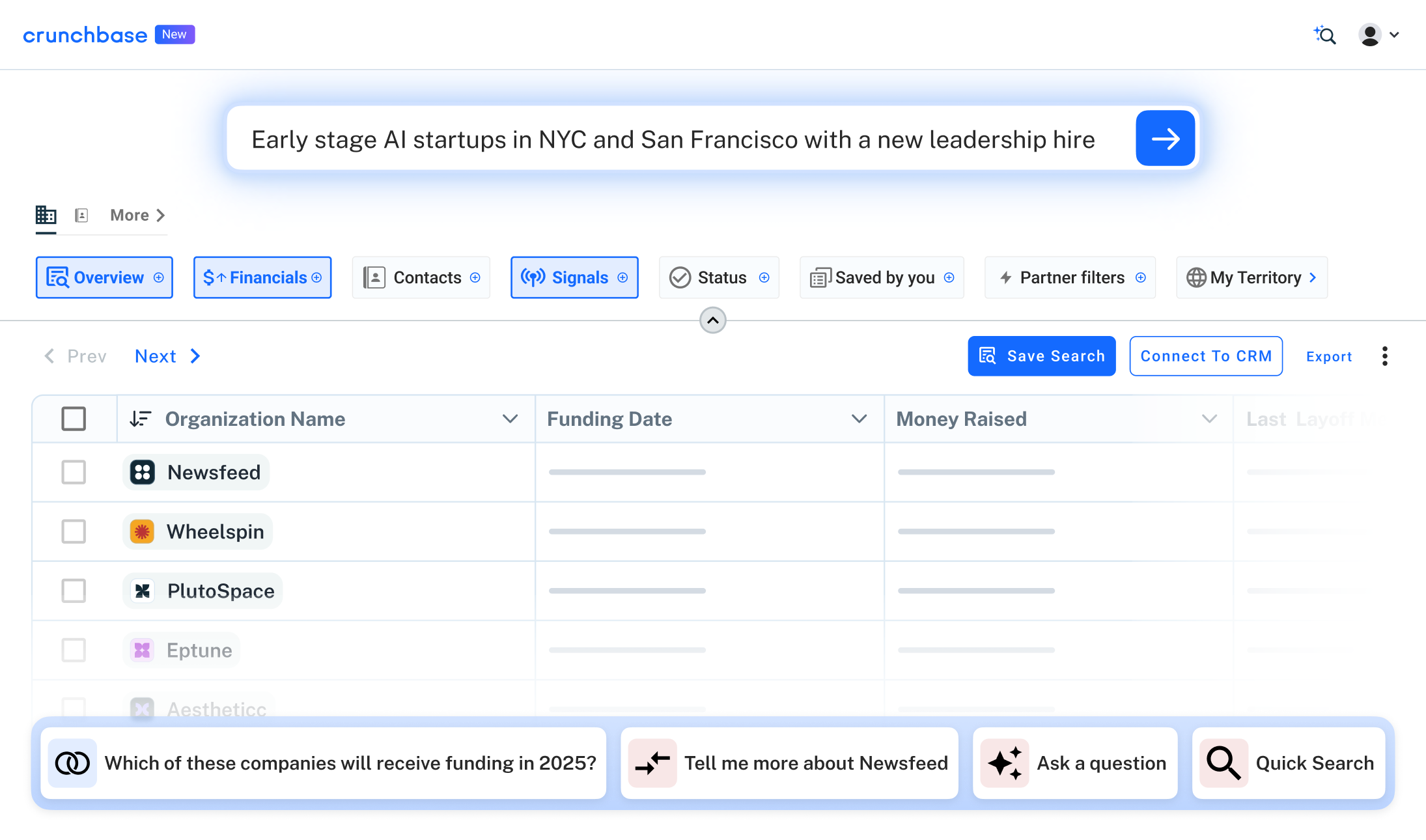The path to professional growth for startups is different than in established corporations. With limited employees, budgets and time, startups must prioritize where they invest those resources. While it is understandable for startups to be cautious where they spend in this stage, there is one internal investment that startups should never overlook when working toward growth: training and development programs.
Important to implement in the beginning stages of a company, training and development programs reinforce dedication to employees and create an efficient work environment. Effective training and development programs can produce increased productivity, performance and employee engagement. In fact, 94 percent of employees said they would stay longer at the company if there was an investment in learning.
For your startup to grow and expand, it is crucial to create a foundation of training and development for your team and potential new hires. But how, as a startup, do you create an effective program for your employees?
1. Create Goals and Objectives
Often, training and development programs are only seen as a task to check off the list. Implementing programs with this mindset will fail to deliver impactful results for your startup, and that is why it is so crucial to begin this process by identifying goals and objectives you want to achieve through training programs. This will guarantee you are building the right training initiatives that will positively impact your employees and your startup’s bottom line, as well as ensure you aren’t wasting limited resources on poorly planned training programs.
In this process, set specific and realistic time frames and benchmarks to match your company’s upcoming objectives. For example, as a startup, you may be growing rapidly, or wanting to grow rapidly, therefore, deploying interview training and a three-week onboarding program would assist in ensuring that your growing team is sufficiently aligned and equipped for your company’s upcoming growth.
2. Look to Leadership
As a startup, it is not likely that you have the resources to bring on a learning and development professional to lead the program. So this responsibility will probably fall to your HR team or, depending on what stage your startup is in, maybe even the CEO.
Regardless of who is handling the training and development program, this process will require involvement and assistance from all levels—employees, executives and even stakeholders.
For startups, it is crucial to demonstrate your dedication to your company culture by normalizing the concept of learning and investing in your employees. This means having conversations with the rest of your leadership team, identifying the benefits of these programs, and working together to integrate the mission. By relaying this dedication and presenting the benefits, stakeholders can buy in to this mindset and provide employees with the tools and confidence to embrace training and development programs wholeheartedly.
3. Utilize Training Tools and Programs
Now that you have the framework for the program, as well as support from all levels of your startup, it is time to frame your program to match those goals and objectives. Learning management systems and HR software platforms can assist in creating and implementing a personalized training and development program based on the startup’s and its employees’ individual needs. Providing individual training and development programs allows employees the freedom to seek out specific assistance on their own time, as opposed to being forced into a training session. Additionally, these platforms can provide metrics that display employee performance, productivity and improvement areas, which can help identify if your training and development program is having a positive impact on your employees. According to the 2019 Training Industry Report, 71 percent of smaller companies were utilizing a learning management system as a means to train their employees.
While these systems offer plenty of benefits, a startup’s budget may not be able to accommodate this approach in the beginning. In that case, you can, and should, still provide a productive learning experience for your team by utilizing a hands-on approach with the resources you already have. Mentors, shadowing opportunities or even inviting guest speakers can educate your team on different areas of expertise.
Regardless of what stage your startup is in, it is crucial to invest in your employees by implementing training and development programs as soon as possible. These programs will reinforce your company’s dedication to fostering growth, support and continued learning among your team. Investing in your employees is just that: an investment. If you provide employees adequate time, resources, tools and support, your ROI will be increased productivity, performance, engagement and loyalty, a great starting point for any startup looking to scale-up.
Matt Thomas is the president of Indianapolis-based WorkSmart Systems Inc., which he founded in 1998. He is active with the National Association of Professional Employer Organizations and has dedicated more than 20 years to the PEO industry dating back to his early career with industry leaders ADP and NovaCare Employee Services.
.svg)




.png)
.png)

